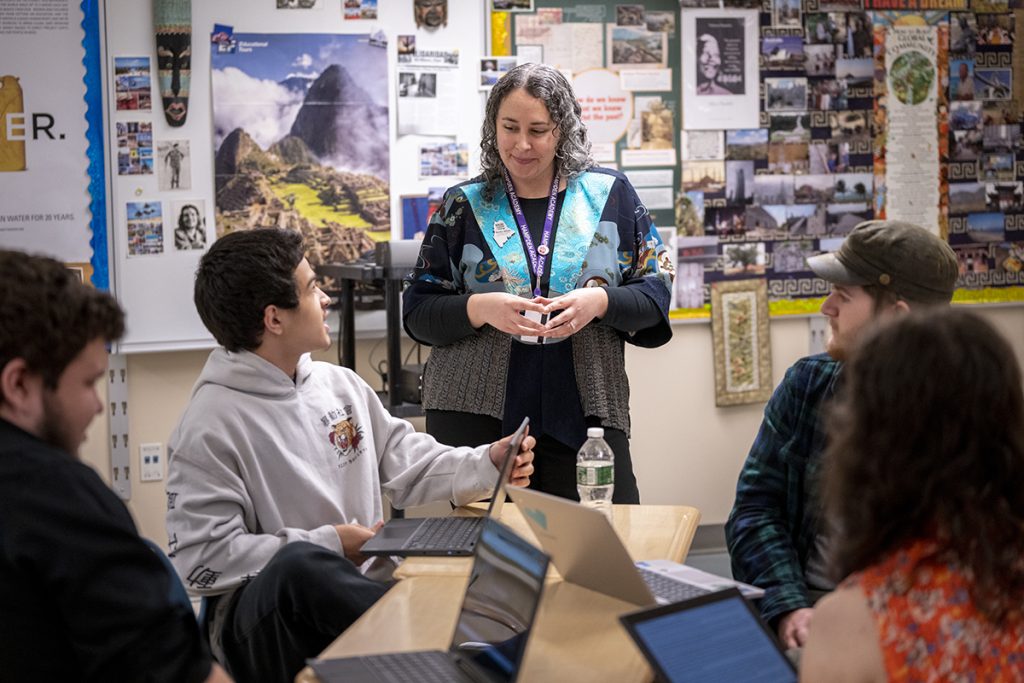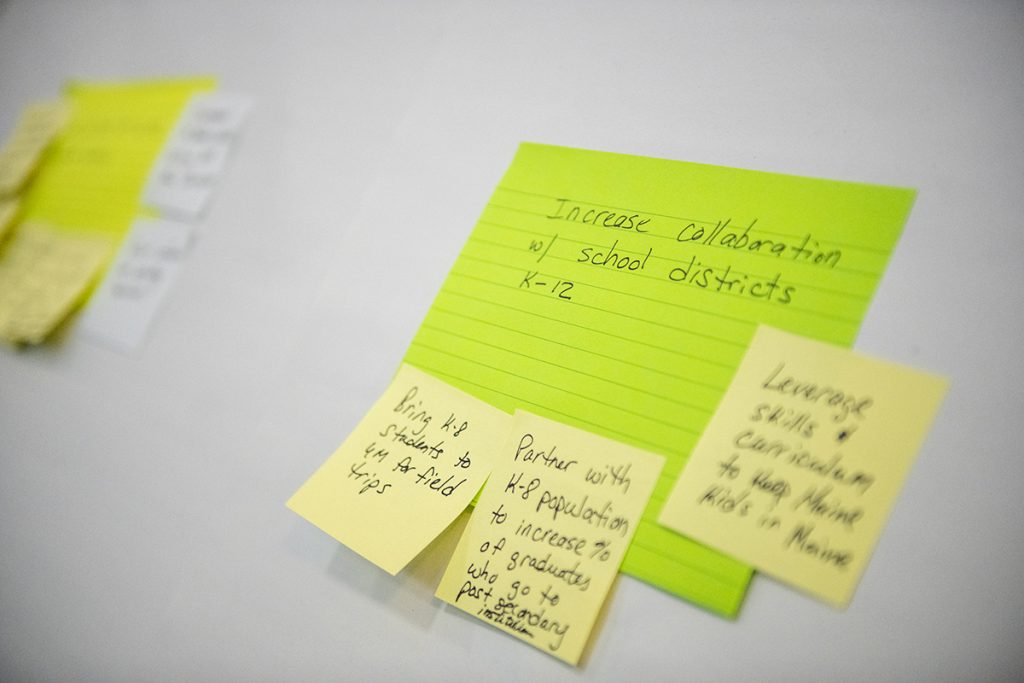Education (Ph.D.)
An innovative doctoral program designed to provide students with a cross-disciplinary understanding of contemporary educational issues. We prepare future scholars, leaders, teacher-educators and policymakers to confront the challenges facing today’s schools and community organizations.

Program overview
The Doctor of Philosophy (Ph.D.) program in Education at the UMaine College of Education and Human Development prepares students to apply research-based knowledge, field-tested experience and the latest technology to help address the changing needs of schools, children and families. Graduates are well-positioned for careers at research universities, regional and local universities, community colleges, K-12 schools, research groups, public and private agencies, private businesses and more. Being part of Maine’s only public research university and a Carnegie R1 top-tier research institution means that faculty in the College of Education and Human Development are involved innovative research and professional development projects at the state, regional and national levels. In our doctoral programs, students work closely with and receive authentic mentorship from a faculty advisor, whose goal is to ensure that each students’ program meets their unique needs. Small classes, led by widely recognized faculty, encourage proactive conversations and inquiry based on real experiences and current issues. Flexibility is built into individual programs to allow the greatest impact in specific areas of need. Our doctoral students can choose from Areas of Specialization in Education, Schools and Communities; Special Education; STEM Education; Literacy Education; and Prevention and Intervention Studies.
Areas of Specialization





Contact Us
For questions about the Education Ph.D., contact Director of Graduate and Online Programs Esther Enright, esther.enright@maine.edu.
For general queries use the Graduate School contact form below, or email coehd@maine.edu.
